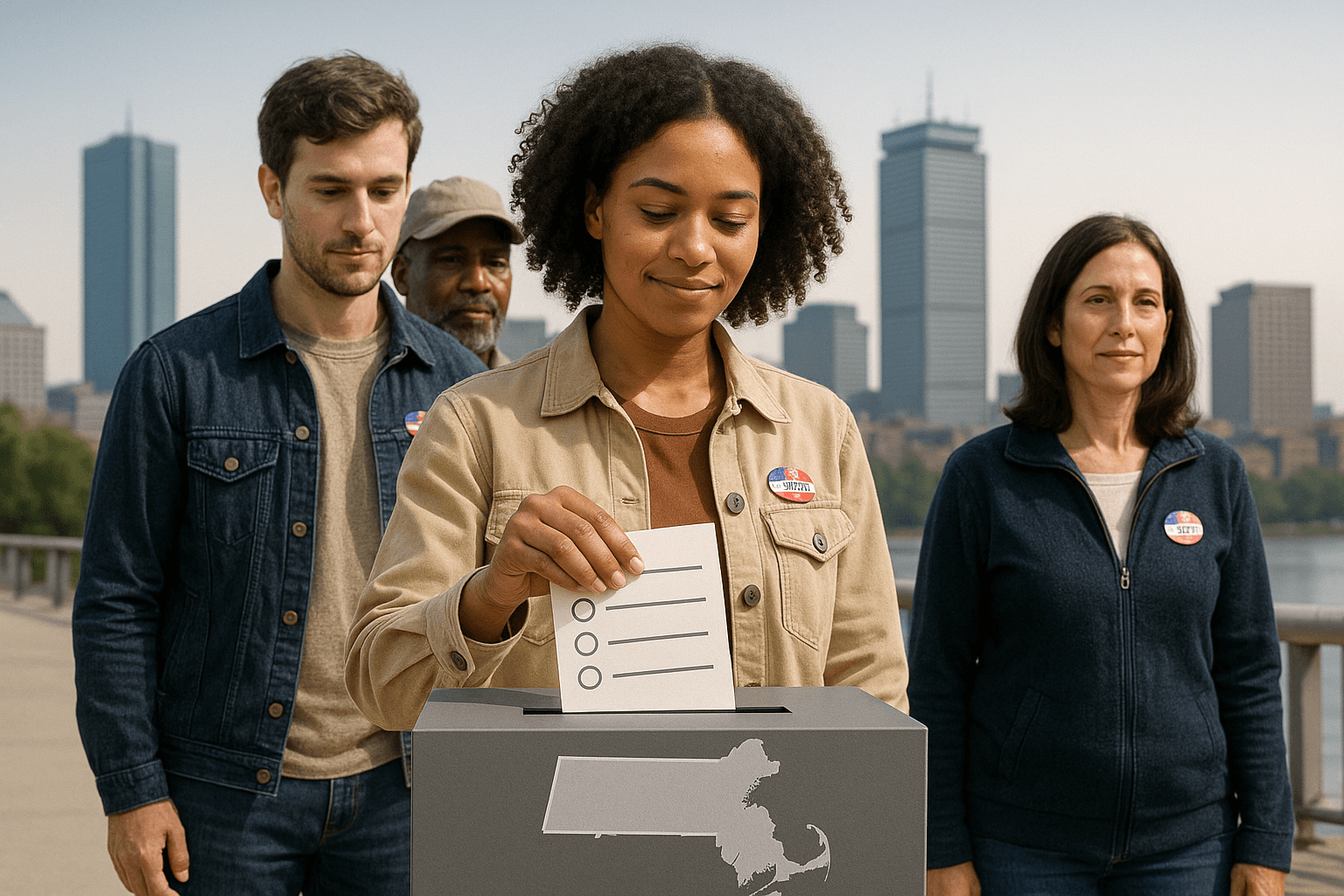What Incentive do Voters Have to Participate in the Political Process?

“What do you mean what incentive do voters have to vote? What about preserving the democratic system, the American way of life, freedom, opportunity, apple pie, choice?”
The counter to this of course is, does the current system offer this incentive to voters? Is the current electoral system truly a democratic system in which all citizens eligible to vote are given an equal voice and equal access to the voting process? Are certain segments of the voting population intentionally disenfranchised to silence their voice?
The simple truth is that people are driven by incentive in one way or another. People define their relationship with an institution (including their government) or a person by the incentives they get from that relationship. It may sound selfish, but it is more important to understand that this is simply the fundamental nature of human beings.
Humans are complicated creatures with different needs and wants — and the incentives people say they want in public don’t often match up to the true incentives they act on in private.So, understanding what incentives will work for a maximum amount of people to, say, get more people involved in the political process is not an easy problem to solve and won’t simply be remedied by a one-step solution.
The prevailing mentality in American politics is “us-versus-them.” When most media outlets report on an election, it is always in relation to how the race may or may not shift the balance of power in Washington. The primary goal candidates have on the campaign trail is to use consultant-approved talking points to convince voters why they should vote against their opponent rather than why voters should vote for them.
It is not about representation. It is about how many seats one party needs to win control of the legislative body or how many seats a party needs to lose to forfeit control — depending on how one looks at it.
In either case, the conversation is controlled by an “us-versus-them” dialogue. The name of the game: beat the opposing team.
On Sunday, the National Republican Senatorial Committee sent out a fundraising email with the subject line, “Fix Washington.” It highlights the dominating idea in American politics that for the government to function properly, one party needs to lose. This is why you get campaign rhetoric like, “We need to take our country back.”
Perhaps this also explains why the most partisan voters are the ones who are most likely to be involved in the political process. This does not mean just voting, but being vocal on social media, contributing to campaigns, and promoting a campaign with yard signs or bumper sticker. They have an incentive to see their "team" win.
What incentive does the growing number of people not affiliated with the Republican or Democratic parties have to vote? For them, it is not about which side wins and which side loses. For them, it is about being represented by someone who actually seeks to represent them and not just whatever political party the politician associates with.
After all, isn’t that supposed to be the relationship between voters and their government? That is, in fact, what a republic is: a representative form of governance in which political leaders are beholden to their constituency, not a private organization like a political party, and in which supreme power lies with the voting public.
There is growing speculation that voter turnout may be lower than normal and some have speculated that because of Congress’ low approval rating, voter turnout may be higher than expected.
However, not very many people seem interested in figuring out why, in the last 20 years, voter turnout in a midterm election has not been higher than 41.1 percent. Several people cast it off as a result of voter apathy and laziness, yet the evidence behind this hypothesis is not very solid.Some eligible voters may be apathetic and/or lazy, but a majority of voters?
What if a majority of Americans simply don’t believe the current electoral system gives them a true voice in the process? What if these voters believe that their vote doesn't carry as much weight as it should? What incentive does that give someone to vote?
Some argue that all people need to do is wake up and realize that they can change things by voting out the incumbent. Yet, voting for someone just because they are not the incumbent is not much of an incentive to vote. The name and party changes, but the political environment in Washington stays the same.
People want to vote for someone who will actually represent them and give them a voice. This is, perhaps, the biggest incentive for people to vote: they want to believe their voice matters and their vote carries equal and meaningful weight.
Unfortunately, voters are not offered this incentive under the current system. They are just offered more of the same.
Perhaps the first step to improving voter participation is to give them a system that offers them better representation.
Photo Credit: Iowa Now




